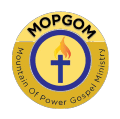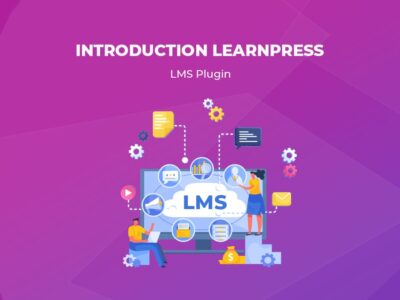COURSE DESCRIPTION
In this course, students will trace the development of the Christian church from its beginnings in the early centuries to the present day, exploring how it has evolved over two millennia. Beginning with the early church, students will examine the spread of Christianity from a small movement in Jerusalem to a global faith. The course will cover key events such as the Council of Nicaea, the rise of monasticism, the Great Schism, the Reformation, and the emergence of modern denominational movements.
Students will also engage with influential figures like the Apostles, early Church Fathers, Augustine, Aquinas, Luther, Calvin, and more contemporary leaders. Their theological contributions and roles in shaping the doctrine, structure, and mission of the church will be examined in depth. Alongside this, major theological debates, including the nature of Christ, the Trinity, justification by faith, and ecclesiology, will be explored to show how these issues have defined Christian thought and practice over time.
This course provides valuable insight into how historical and cultural contexts—such as political regimes, social upheavals, and philosophical movements—shaped Christian theology, liturgy, and church practices across different eras. By understanding how the church has responded to various crises and challenges, students will gain a clearer perspective on how the church continues to adapt and grow in response to modern-day issues.
In addition to historical learning, the course encourages students to reflect on the ongoing relevance of church history in contemporary faith and ministry. Students will analyze how past lessons can inform present-day challenges in the church, including ecumenical dialogue, social justice, and global missions. Through lectures, research projects, and discussions, students will not only gain a factual understanding of church history but also develop a sense of its enduring impact on Christian identity and practice.
This course will also include site visits, virtual tours, or multimedia resources showcasing historic Christian landmarks and documents, bringing the historical journey of the church to life for students. By the end, students will be equipped with a thorough understanding of the church’s rich and diverse history, ready to apply these insights to their theological studies and ministry.
Course Features
- Lecture 0
- Quiz 0
- Duration 54 hours
- Skill level All levels
- Language English
- Students 29
- Assessments Yes





